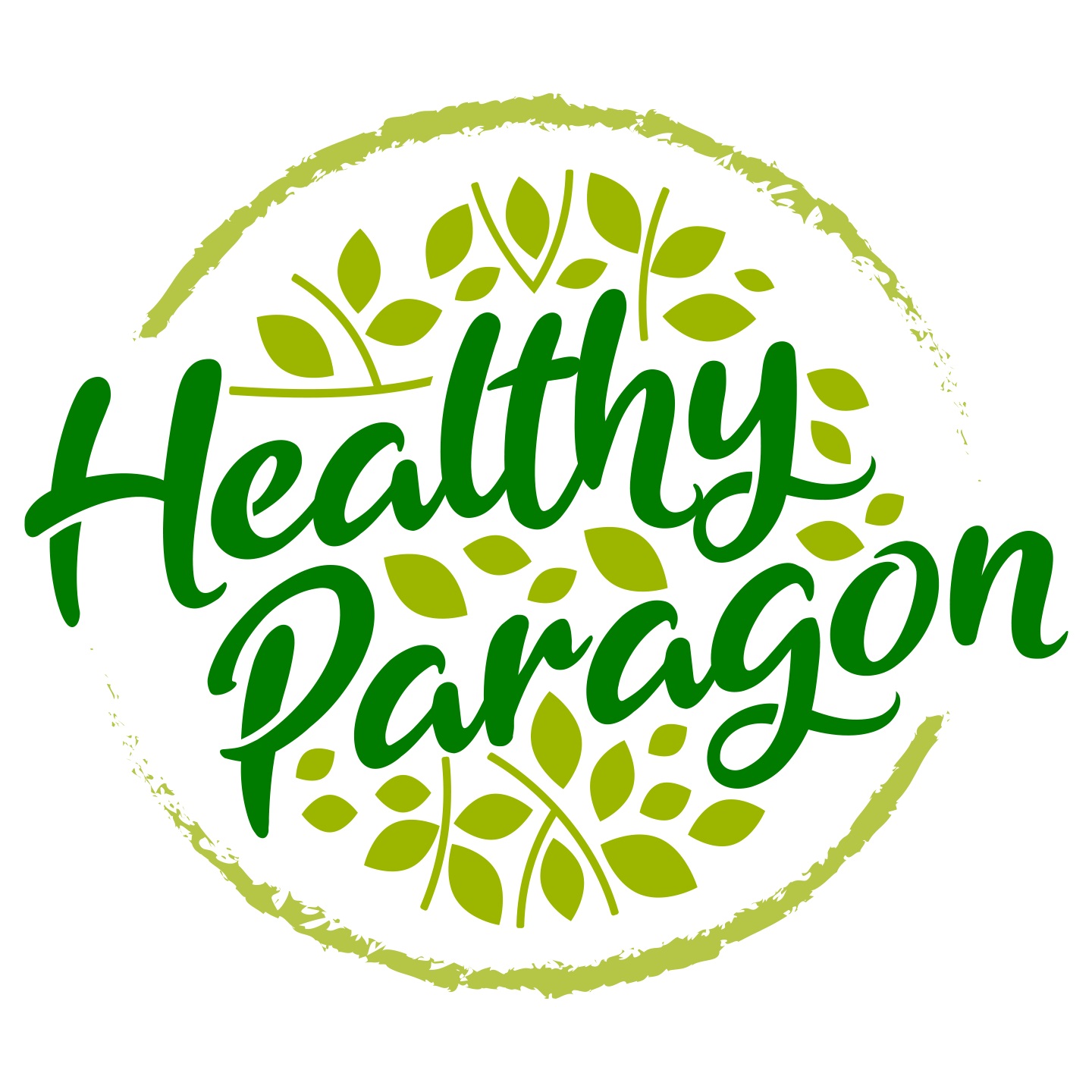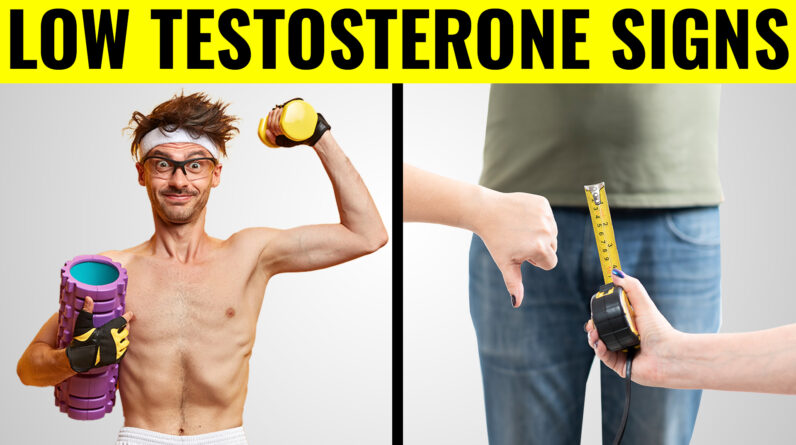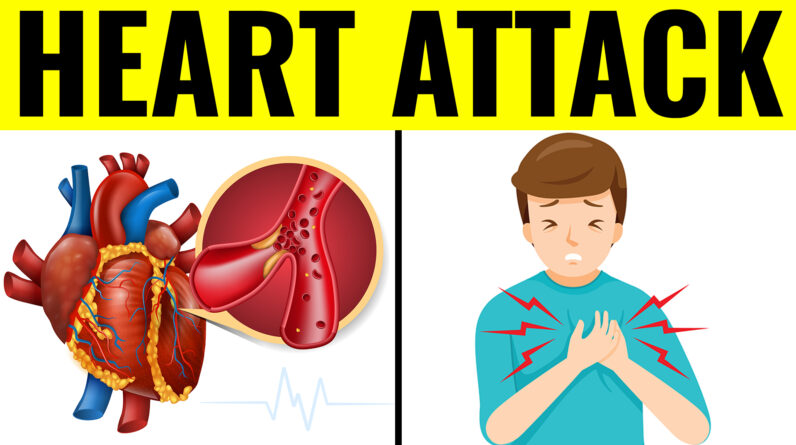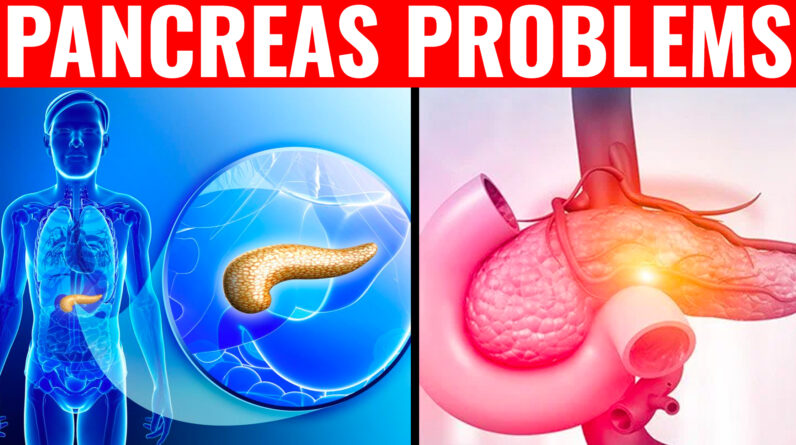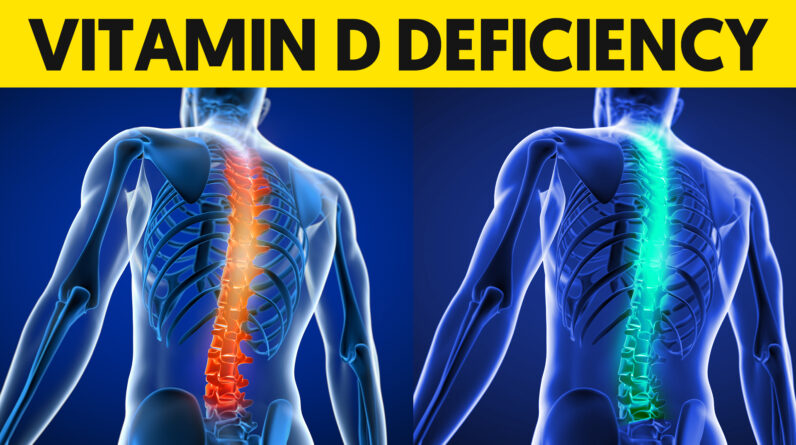
A vitamin D deficiency is basically what it sounds like; your body does not have as much vitamin D as it needs. Now, there are two major ways that your body can get its required amount of vitamin D: one is by consuming food rich in vitamin D, and two is by having your body produce it using sunlight. However, it is really difficult to get all the vitamin D that your body needs just from food, so you really need to get some sun; with the protection of sunscreen, of course. More on that later.
Anyway, before we go into talking about signs of a vitamin D deficiency and what you can do to mitigate them, let’s talk about why vitamin D is important in the first place.
Why is Vitamin D important?
First off, once vitamin D is taken in or your body has produced it, it is converted to an active form of the vitamin. It is this active form that encourages the optimal absorption of calcium by the body from your diet.
Calcium, in turn, is absolutely very important for building strong bones and teeth in children, and maintaining bone density in adults. What this means is that receiving the required amount of vitamin D could help prevent rickets in children and osteomalacia, a condition that softens the bones, in adults.
Vitamin D also works with the parathyroid glands to balance out the level of calcium in the blood. That is, if, for whatever reason, there isn’t enough calcium in the blood, vitamin D can encourage the parathyroid glands to borrow some from the skeleton to balance things out.
There are a number of other benefits that vitamin D brings to the body, but we’ll find those out as we continue on with this article. Right now, let’s get into the signs of a vitamin D deficiency.
#1 – Falling Sick Often
First off, if your body is not getting its required amount of vitamin D, you might find yourself falling sick or getting infections quite often. The reason for this is that vitamin D plays a very significant role in keeping the immune system strong. So, with your body’s supply of vitamin D low, your body is more susceptible to the illnesses and infections that your immune system should have been fighting.
Now, of course, the occasional flu or sniffles might not be cause for concern. But if you constantly fall sick, especially with respiratory tract infections like the flu, cold, and maybe even pneumonia, it might be because your body is not getting enough vitamin D to keep up the fight.
#2 – Fatigue and Tiredness
Fatigue and tiredness that cannot be traced to a long day or a strenuous activity could also be a sign of a vitamin D deficiency. Without a sufficient amount of the D vitamin, your body might find it difficult to wind down for proper sleep, which is the reason you might be feeling unnecessarily tired.
#3 – Body Pains
Pains could also signify a vitamin D deficiency, especially when it is in the back and/or the bones. We’ve already talked about how vitamin D is important for proper bone formation and maintenance of bone density. So, you know how a deficiency could cause bone aches.
It is the same reason for chronic back pain. Studies have established a relationship between low levels of vitamin D in the blood and chronic back pain. But it’s not just that, a vitamin D deficiency could also be the cause of arthritis, muscle pain, and chronic widespread pain.
In addition to bone pains, someone who has a vitamin D deficiency could also experience bone loss. Bone loss usually happens in old age and most people think that the remedy is more calcium. However, considering the relationship between vitamin D and calcium, it might actually be a vitamin D deficiency.
#4 – Hair loss
Something else that you might lose as a result of a vitamin D deficiency is your hair. Of course, there are different causes of hair loss, chief of which is probably stress. But if you are really losing a lot of hair, your vitamin D levels might be the culprit. And a vitamin D deficiency could also increase one’s risk of developing alopecia areata.
#5 – Depression and Anxiety
Depression and anxiety have also been linked to vitamin D deficiency. The science of why is still not very clear and research is still ongoing in this area. But preliminary results show that taking vitamin D supplements could actually improve symptoms of both depression and anxiety, and help people sleep better.
#6 – Slow Healing
Without vitamin D, your body would find it difficult to heal its wounds. This is because vitamin D increases the body’s production of compounds that are crucial for the formation of new skin during the wound-healing process. If this vitamin is not sufficiently available, you can understand how this would slow down the wound-healing process.
#7 – Obesity
Another sign of a vitamin D deficiency could be obesity. And that’s because without a sufficient amount of this vitamin, your risks of gaining significant weight increase. You might also find it quite difficult to shed those extra pounds, especially if you are a man.
How to prevent Vitamin D deficiency
Now, let’s talk about what to do to prevent all of these and probably also alleviate the symptoms. First off, you need sun exposure; being cooped up in your house all day every day is terrible for you. You need to consider getting between 10 and 30 minutes of midday sun every day; more if you are dark skinned and/or older than 50. However, don’t forget to pile on the sunscreen so that you don’t burn, or worse, develop skin cancer.
In addition to, and not a replacement for, getting some sun, consider adding to your diet foods that are rich in vitamin D. Foods like fatty fish, egg yolks, milk, beef liver, and yoghurt are great natural sources of vitamin D.
I say ‘natural’ because there are vitamin D supplements that can give you your recommended vitamin D dose. However, while these supplements can be gotten over the counter, they should not be taken as a first resort and not without a doctor’s recommendation.
Vitamin D toxicity is a thing and it basically speaks of too much vitamin D in the blood. This can only happen with supplements, never with food or sunlight. So, approach those supplements with caution. Your doctor will most likely only recommend it to you if your vitamin D levels show no improvement even after going the natural route.
